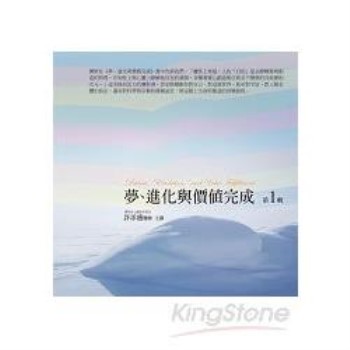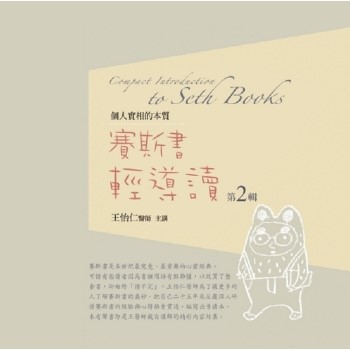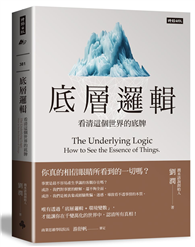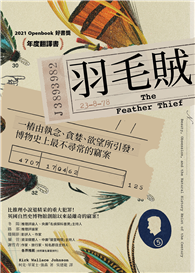This book underscores the crucial link between leadership and human resource management (HRM) and their collective impact on organizational outcomes. It highlights the need for integrating research in both fields to fully understand their effects at organizational, team, and individual levels. The interaction between leadership and HRM, which can either complement or substitute for one another, is beginning to be explored in recent studies. Specifically, the book points out the relevance of cultural, institutional, and historical contexts in the Asia Pacific, particularly in China, where Western models may not capture the unique aspects of leadership and HRM. It discusses the significance of paternalistic leadership and specific HRM practices in China, emphasizing their implications for performance.
The book argues for the importance of examining these interactions comprehensively, suggesting that a combined study of leadership and HRM, across different levels and contexts, presents valuable research avenues. The twelve chapters in this volume offers insights into leadership and HRM in China, showcasing a variety of leadership behaviours and HRM practices.
The chapters in this book were originally published as a special issue of Asia Pacific Business Review.






![塔木德:猶太人的致富聖經[修訂版]:1000多年來帶領猶太人快速累積財富的神祕經典 塔木德:猶太人的致富聖經[修訂版]:1000多年來帶領猶太人快速累積財富的神祕經典](https://media.taaze.tw/showLargeImage.html?sc=11100697818)





